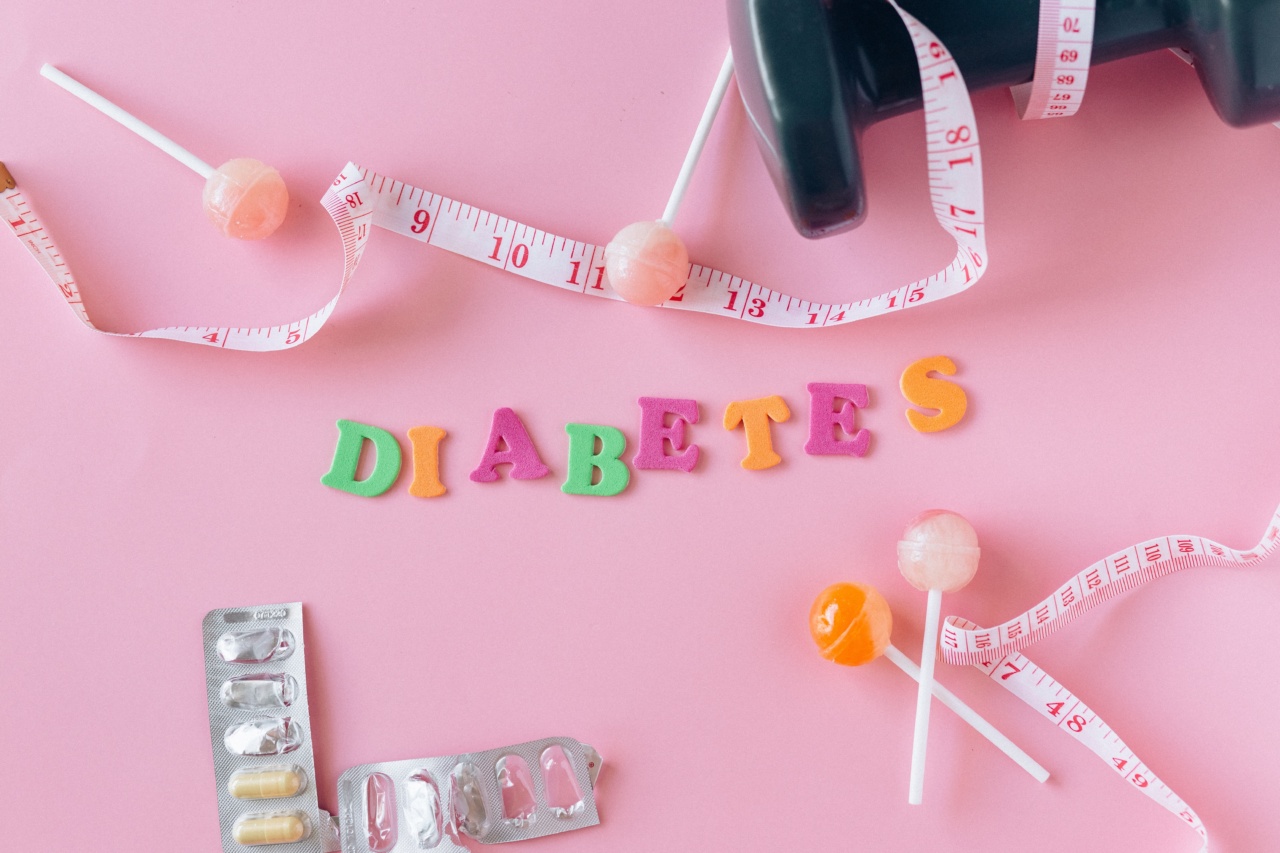When it comes to losing weight, tracking your calorie intake is one of the most effective and important tools you can use. Simply put, weight loss occurs when you consume fewer calories than you burn.
Tracking your calories helps you ensure that you are creating this calorie deficit, as well as helping you monitor and adjust your diet as you progress towards your goal weight.
What Are Calories and Why Are They Important for Weight Loss?
A calorie is a unit of energy that measures the amount of energy in food and drinks. When you consume more calories than your body burns, the excess energy is stored in fat cells, leading to weight gain.
In order to lose weight, you need to create a calorie deficit by burning more calories than you consume. This can be achieved through a combination of cutting calories through your diet and increasing physical activity.
Tracking your calories is key to understanding how much energy you are consuming and burning, and where you can make changes to achieve a calorie deficit.
It can also be a helpful way to identify areas of your diet that may need improvement, such as swapping high-calorie snacks for healthier options or reducing portion sizes.
How to Track Your Calories
There are many different ways to track your calories, including using smartphone apps, online calculators, or simply keeping a food journal.
Whichever method you choose, the goal is to accurately record everything you eat and drink, as well as any physical activity you engage in.
A food scale or measuring cups can also be helpful in ensuring that you are accurately tracking your portion sizes.
It’s important to be honest and consistent with your tracking, even on days when you may have indulged in unhealthy foods or skipped a workout. This will help you identify patterns and areas where you can make changes to your diet and exercise routine.
The Benefits of Tracking Your Calories
In addition to helping you lose weight, tracking your calories can have many other benefits.
When you are aware of the energy content of the foods and drinks you consume, you are more likely to make healthier choices that are lower in calories and higher in nutrients.
Tracking your calories can also help you identify any nutritional deficiencies in your diet.
For example, if you are consistently falling short on your protein or fiber intake, you can make adjustments to your diet to ensure that you are getting adequate nutrients.
Finally, tracking your calories can also be a helpful way to hold yourself accountable for your eating and exercise habits. By consistently tracking your progress, you can stay motivated and see the tangible results of your hard work and dedication.
How Tracking Your Calories Can Help You Break Through Plateaus
One of the biggest challenges many people face when trying to lose weight is hitting a plateau. This occurs when your weight loss stops, despite continued efforts to cut calories and increase physical activity.
Plateaus can be frustrating and demotivating, but tracking your calories can help you break through them.
By monitoring your calorie intake and physical activity, you can identify potential areas where you can make adjustments to your diet and exercise routine.
For example, if you have been eating the same foods or engaging in the same workout routine for an extended period of time, your body may have become accustomed to this and stopped responding to it. By mixing things up and experimenting with different foods and workouts, you can shock your body into burning more calories and jumpstart your weight loss once again.
Conclusion
Tracking your calories is an essential tool for anyone looking to lose weight and improve their health. By understanding how many calories you are consuming and burning, you can create a calorie deficit that is necessary for weight loss.
Additionally, tracking your calories can help you make healthier food choices, hold yourself accountable, and break through any weight loss plateaus you may encounter.



























